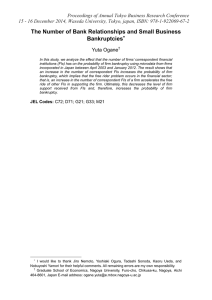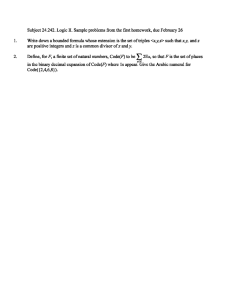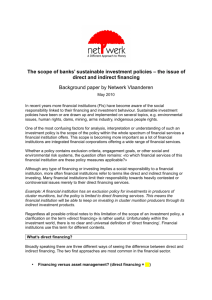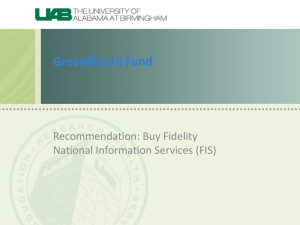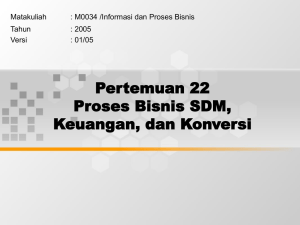Document 14778966
advertisement
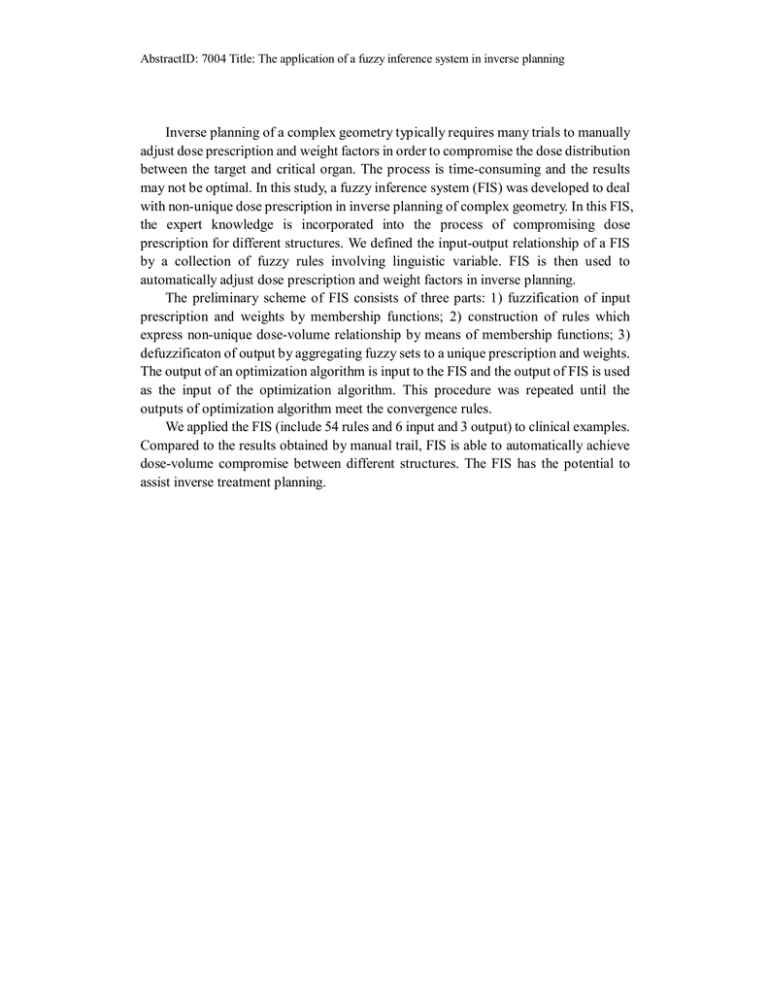
AbstractID: 7004 Title: The application of a fuzzy inference system in inverse planning Inverse planning of a complex geometry typically requires many trials to manually adjust dose prescription and weight factors in order to compromise the dose distribution between the target and critical organ. The process is time-consuming and the results may not be optimal. In this study, a fuzzy inference system (FIS) was developed to deal with non-unique dose prescription in inverse planning of complex geometry. In this FIS, the expert knowledge is incorporated into the process of compromising dose prescription for different structures. We defined the input-output relationship of a FIS by a collection of fuzzy rules involving linguistic variable. FIS is then used to automatically adjust dose prescription and weight factors in inverse planning. The preliminary scheme of FIS consists of three parts: 1) fuzzification of input prescription and weights by membership functions; 2) construction of rules which express non-unique dose-volume relationship by means of membership functions; 3) defuzzificaton of output by aggregating fuzzy sets to a unique prescription and weights. The output of an optimization algorithm is input to the FIS and the output of FIS is used as the input of the optimization algorithm. This procedure was repeated until the outputs of optimization algorithm meet the convergence rules. We applied the FIS (include 54 rules and 6 input and 3 output) to clinical examples. Compared to the results obtained by manual trail, FIS is able to automatically achieve dose-volume compromise between different structures. The FIS has the potential to assist inverse treatment planning.

